It always seems good advice to tackle the hard part first. So here goes.
There is a global pandemic. I am writing several days into a California-wide “shelter in place” order that affects 40 million citizens. The long bull market is done. Not only may a great many of our fellow citizens sicken and die, but as they do, they will overwhelm the limited capacity of our medical systems. And as the market drops, unemployment will like rise. Livelihoods, businesses, and savings will be lost. As these individual economic tethers dissipate, so too may confidence in the systems and social contracts that create our mutual prosperity.
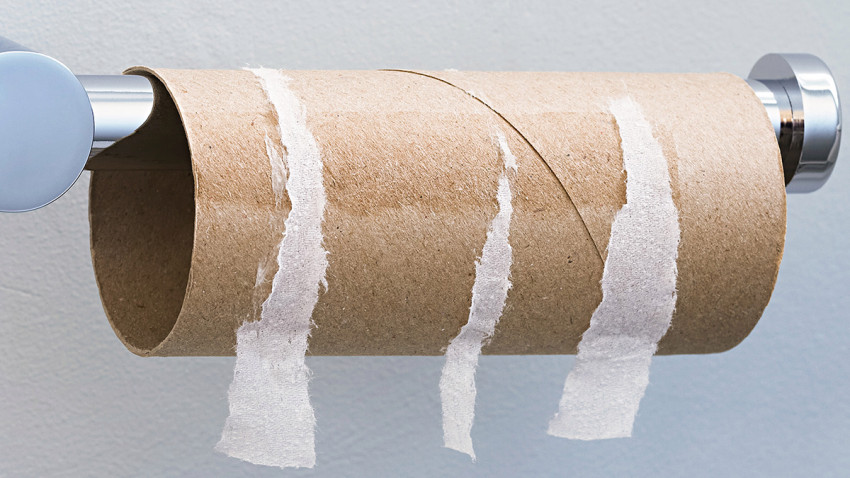
Help may be hard to come by. Recklessly, many governments indulged in significant deficit spending and suppressed interest rates during the now abruptly-terminated boom. This profligacy drastically limits the typical tools used to mitigate economic crisis – namely more deficit spending and interest rate reductions. Recklessness is not confined to monetary policy; many of the world’s leaders who had already forsaken science now also abandon sense. Various presidents and potentates are blaming adversary nations for the existence of an apolitical virus, indulging in inflammatory attempts to deflect from their own incompetence. To top it off, many of us are confined to our domiciles like middle ages peasants in the dead of winter – who also did not have toilet paper.
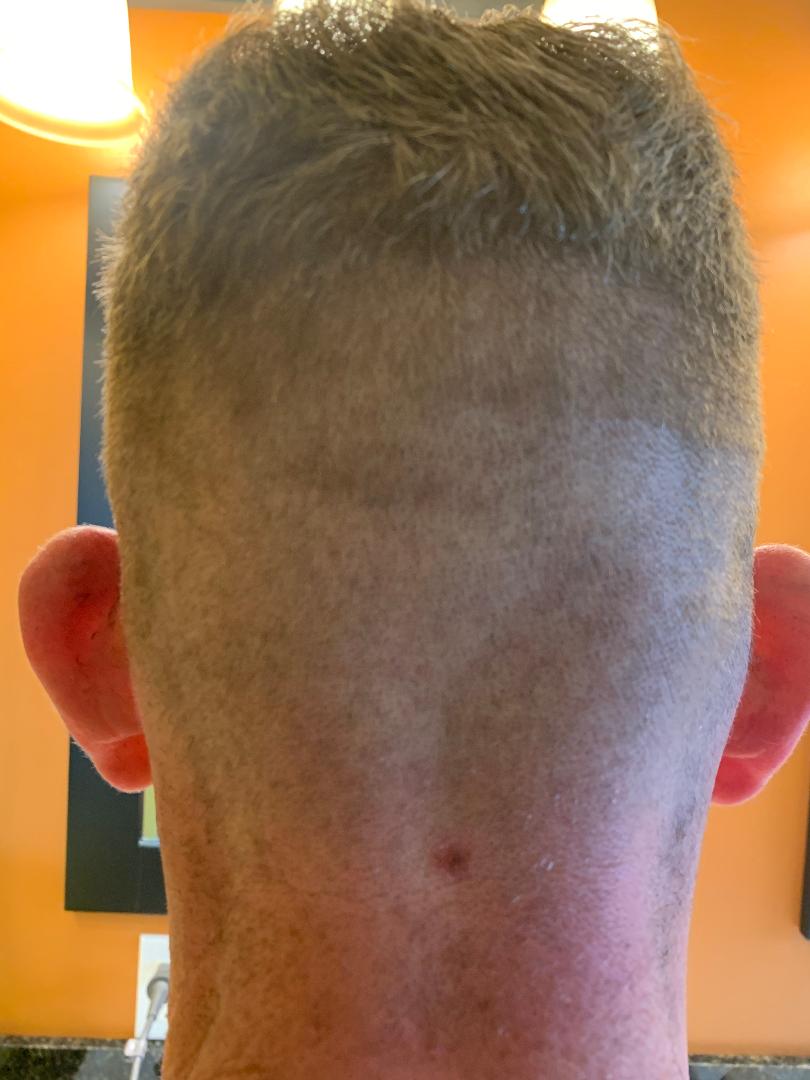
In short, crisis.
While none of my immediate family members or close friends have yet contracted COVID-19, I did attempt to cut my own hair. This was an unmitigated aesthetic disaster. But it has at least made me grateful for enforced isolation…
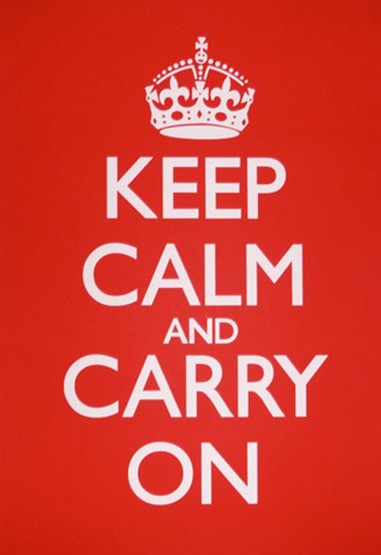
It is nearly impossible not to think of the “Keep Calm and Carry On” motivational slogan conceived by the British Government in 1939 at the onset of the Second World War.
At the time, the slogan was meant to encapsulate the imperative of continuing to function – both as productive individuals and as a coherent, cooperating society – in the face of a clear and present existential threat, namely the prospect of Nazi occupation.
Several things seem important about this slogan in light of present exigencies.
First is the admonition to keep calm. Hysteria is arguably far more of a danger in today’s over-populated, hyper-connected world than it was in the distinctly more message-controlled societies of the mid-twentieth century. The proliferation of bias-pandering mass media venues and the virtual viralities of the Internet seem to embolden crackpot preppers and prognosticators. What we need now – as always – are considered, considerate, and constructive perseverers.
The guy I saw in Costco wearing a military gas mask, tactical boots, and camouflage vest seemed to be living his own personal dream. He may survive the rest of us, but it feels like precious little else of civilization-defining value would survive with him and his increasingly closely-related kin.
But there’s more to it than just keeping calm. And “carry on” is a deceptively nuanced instruction. It seems important not to conflate “carry on” with “keep doing the same things the same way”. Pre-WWII Britain saw radical changes after Nazi Germany invaded Poland in September 1939. And victorious but sapped post-WWII Britain saw still more radical changes.
Britons had to change their habits and expectations and endure in order to survive as individuals and as a society. And then they had to change and endure yet again to abide and adapt to prolonged economic austerities and geopolitical diminutions.
So, too, may it be for us. If we carry on. If we adapt, abide, and endure.
This will be hard. The British bore the weight of hardship, but also the gift of purpose. Wartime Britons had to “carry on” because wartime production and productivity were necessary for their entire nation to survive. Without collective sacrifice and collective survival, there was no hope of individual survival and prosperity.
Contrast that to the present state for many of us. If we are not trained health care professionals or other “essential” workers, there’s no brave and inspiring charge. We’re not to gird ourselves for battle, not to sacrifice life and fortune, not even to really sacrifice, but rather just to “shelter in place”. In other words, stay home and help by simply staying out of the way. We are not only to forego any usefulness, but also the physical comity and contact with those beyond our immediate household.
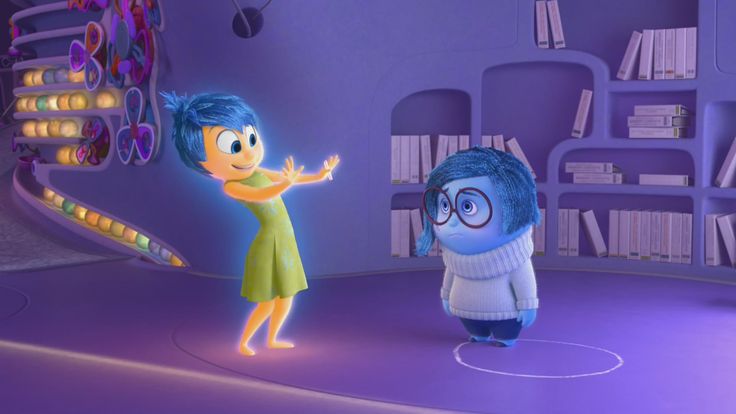
Last night I watched the Pixar film “Inside Out” with my wife and daughter. In it, there’s a crisis. One of the characters draws a chalk circle on the floor for one of the other characters and tells her that she can best help by staying inside her circle. Yeah, a bit too close to home. What has been taken from most of us is the one of the few things we cannot endure long without – a sense of our own efficacy. An open-ended “shelter in place” order is an order to “Keep Calm and Twiddle Your Thumbs”.
During the Blitz, Londoners had to do the same in air raid shelters. But they did it together. And between the raids, they returned to work to “carry on”. How long would they have lasted as individuals and as a society if they hunkered in shelters in small family groups for weeks on end?
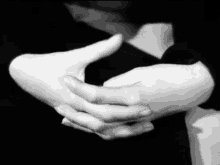
Defying the letter of a shelter in place order would be grossly irresponsible, risking not only myself and my loved ones, but my fellow citizens. So I’m determined instead to defy the spirit of sheltering in place. I’ll try not to let prudence degrade to fearfulness. I’ll find a way each day to reach out to others, endeavoring to supplement their – and my own – lack of mutual engagement and reinforcement. If I have the means and ability to help someone less composed or prepared, I will. And I will keep productively busy, diligently applying the time I’m being given.
Lastly, I’ll watch some YouTube videos on how to cut hair.
Two and a half millenia ago, Pericles of Athens famously used the occasion of a state funeral in a time of crisis to exhort his fellow citizens to regard their role in a collective enterprise and ideal greater than themselves. Soon after his oration, Athens was besieged, the confined Athenians beset by plague, and Pericles himself numbered among the victims. Athens eventually fell to Sparta, later to Macedon, and eventually to Rome. In time, the splendor and accomplishments of ancient Athens decayed and distorted. But more than two thousand years after Pericles delivered his funeral oration, some unruly North American colonists carefully considered the lessons and legacy of Athens in framing their own efforts at self-government. And this morning I read the funeral oration of Pericles aloud in my backyard.
If that tale of sacrifice and adaptation seems too removed from present reality, we may be heartened by the arc of a more contemporary message. “Keep Calm and Carry On” began as a notional wartime slogan that was never widely used. Allegedly, years later one of the few test printings of the poster was discovered in a consignment of secondhand books. The bookseller created some of the first reproductions. From there – pardon the motif – it went viral. The message, born in true extremis, quickly morphed into a variegated, ubiquitously commercialized slogan. “Keep Calm and [fill in the blank] has been used to encapsulate every non-extremis form of triviality and silliness one might imagine, primarily in times and societies distinctly unaccustomed to hardship and sacrifice.
In short, the slogan itself survived, adapted, proliferated, and prospered. Shorn of original purpose, it found new application.
Given the notional origin of COVID-19, it may also be instructive to consider the apocryphal interpretation of the Chinese character for “crisis”. Setting aside the contested accuracy of the interpretation, it has often been said that the character is an amalgamation of those representing both “danger” and “opportunity”.
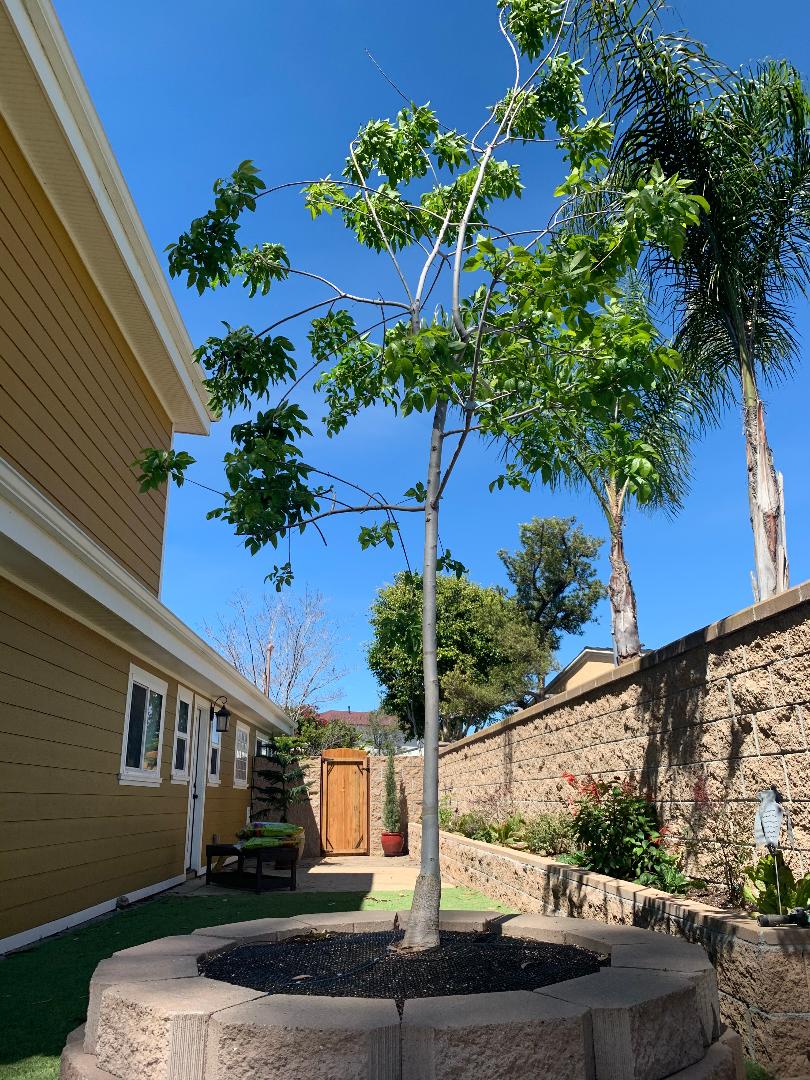
Here in Southern California spring has arrived early. Most of our deciduous trees have already erupted in leaves and nearly every plant in the garden bears the vivid hues of brand-new growth. Today I’m particularly smitten with the Ash sapling (Fraximus Vel Rio Grande for those more horticultural than I) in the courtyard space on the eastern side of the house. On the one hand, I should add concern about global warming and the presaged longer, hotter summer to come to the growing litany of dire warnings. Irrespective, it is impossible not to regard the invigorating light of this splendidly beautiful day. May I make the best of the available light and grow as well as my garden.
And if only one part of me grows, may it please be my hair…
I hope these words find you safe and sane, well stocked with good sense, good companions, and, of course, good books.
Cheers!
Marc

